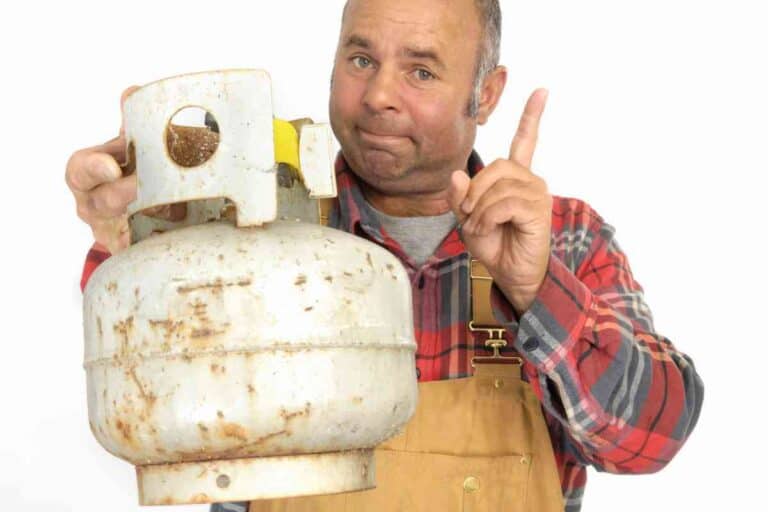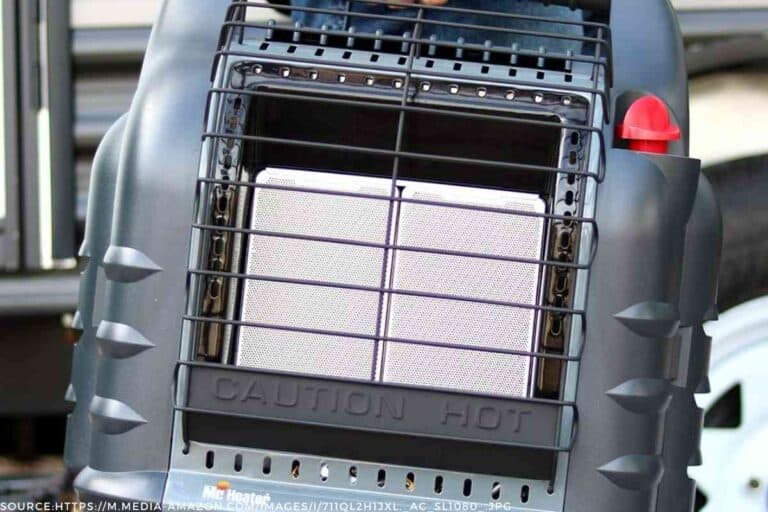Will Too Much Heat Make A Propane Tank Explode? Answered!
Propane is a product of naturally occurring gas and oil processing and refining. It is also a highly flammable gas that can easily be a fire hazard.
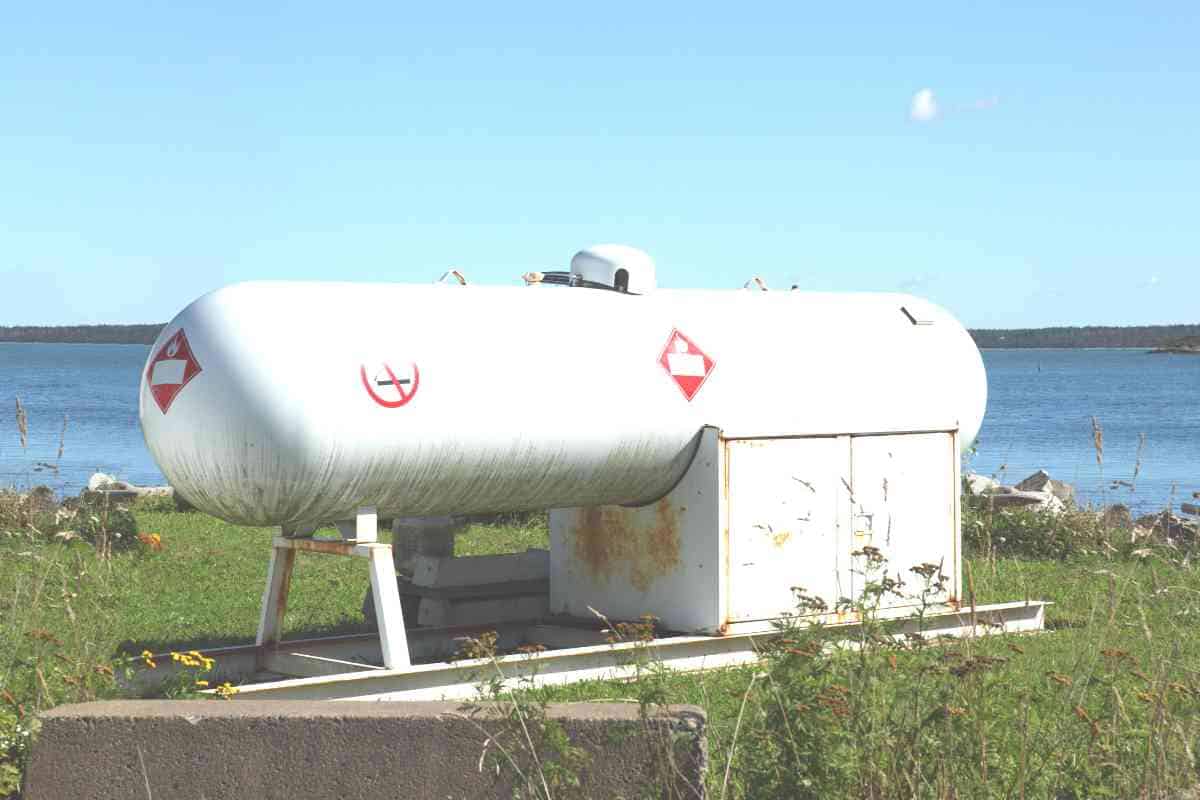
Can a propane tank explode when it gets too hot?
A propane gas tank can explode from too much heat. It is essential to store propane tanks appropriately, with or without gas. The temperatures should be at certain levels since too high heat can lead to explosion and fire outbreaks.
We talked to industry experts to understand the propane gas and tank. We also researched secondary sources such as books and publications to learn more about propane gas and its properties.
Is it Possible for Propane Tanks to Explode?
It may not be a common occurrence since propane tanks are often strictly checked and recertified only when they meet the threshold. However, this does not write off the fact that propane can explode under certain conditions.
In fact, with such strict standards, the chances of someone being affected and dying from a propane explosion is one person in 37 million.
This shows the rarity of the situation. Usually, propane tanks never explode or rupture on their own. There has to be a trigger that forces this to happen, most of them being leakages and excessive heat.
The relevant departments have put strict safety measures to guarantee safety whenever propane is in use. Therefore, under normal circumstances, propane is highly safe and less likely to have concerns such as explosions.
However, we cannot rule out the possibility of this happening since propane is still a hazardous material, just like many others.
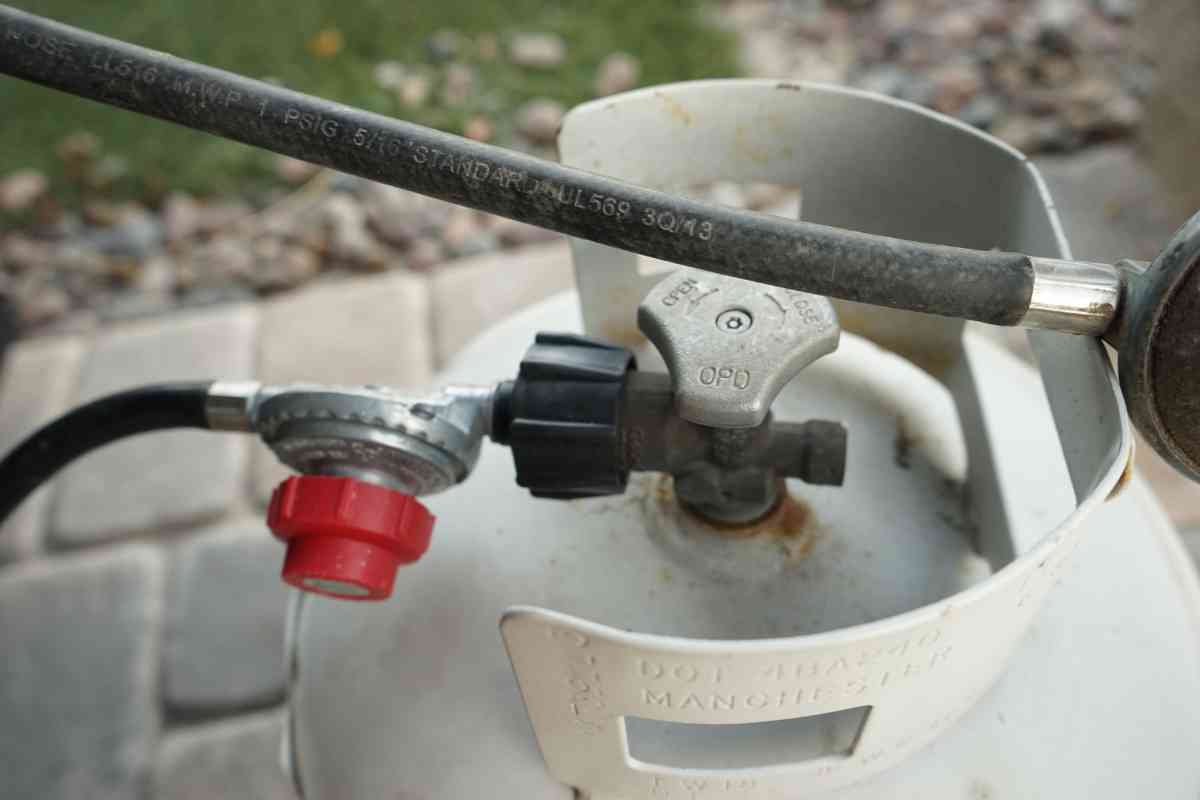
What May Cause Propane Tanks to Explode?
Propane is highly combustible, which makes it extremely volatile. Many people use propane heaters for heating during winter, while others use it for more than this, as they use it for cooking, their appliances, grills, and generators, among others.
Caution is advised when dealing with propane. Due to its nature, propane can quickly become a hazard that triggers serious consequences.
It is essential to consider possible causes of the explosion and address them.
Propane Leaks
One of the first reasons why the rare case of propane tank explosion occurs has to be due to leaks in the propane tank or hoses.
Leaking gas catches fire and triggers the tank to explode. When the gas leaks and is ignited due to high temperatures, it catches fire and leads to the tank’s explosion.
Boiling Liquid Expanding Vapor Explosion (BLEVE)
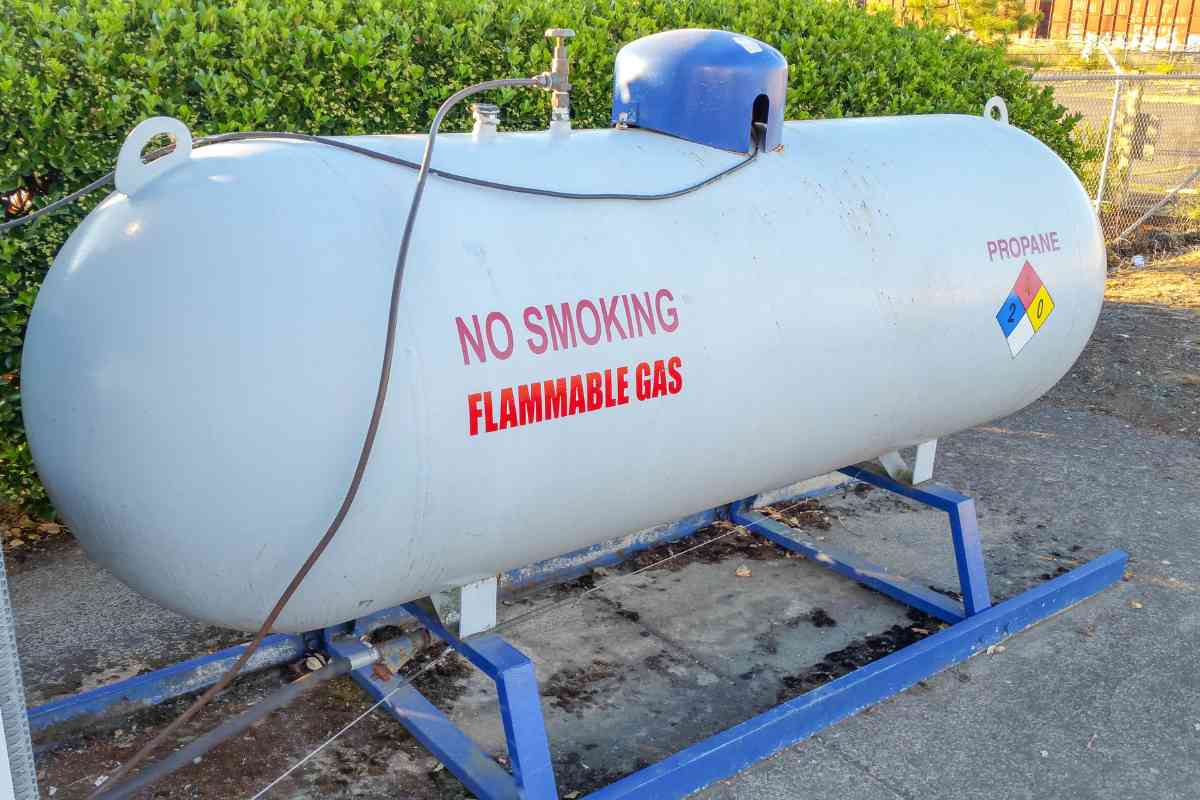
Rarely propane tank explosions can happen when the pressure in the propane tank gets higher than what the tank can vent safely.
Due to the pressure building up in the tank, it is likely to burst open, leaving the tank empty. This kind of explosion is linked to BLEVE.
The same case happens when the propane tank is exposed to excess heat. A good example could be when the tank is exposed to fire.
This causes the gas inside to expand and triggers the pressure relief valve to open to the vent. However, the tank is likely to rupture if the pressure inside the tank is too much for the safety relief valve to handle.
An explosion occurs if there is an ignition or source of flame when the tank raptures due to excess pressure.
However, this is not something to worry about since BLEVE only happens in particular conditions. In reality, this is one of the rarest things to occur, and you should never worry about it if you only deal with inspected tanks.
Is it Possible for Propane Tanks to Explode in the Sun?
Yes, this is a possibility. It happens mostly with 20-lb portable tanks, mainly used for grilling. It is less likely to occur with larger tanks.
The same principle of pressure buildup in the propane tank happens when during a warm summer day, the tank heats up and, as such, heats the propane inside, overwhelming the safety vent and exploding in the end.
However, note that this happens when the gas temperatures reach 40 degrees Celsius or 120 degrees Fahrenheit.
Always find an excellent place to store your propane tank, preferably outdoors, where no temperature alterations are likely to interfere with the appropriate pressure levels.
What are the Safety Measures of Propane Tanks?
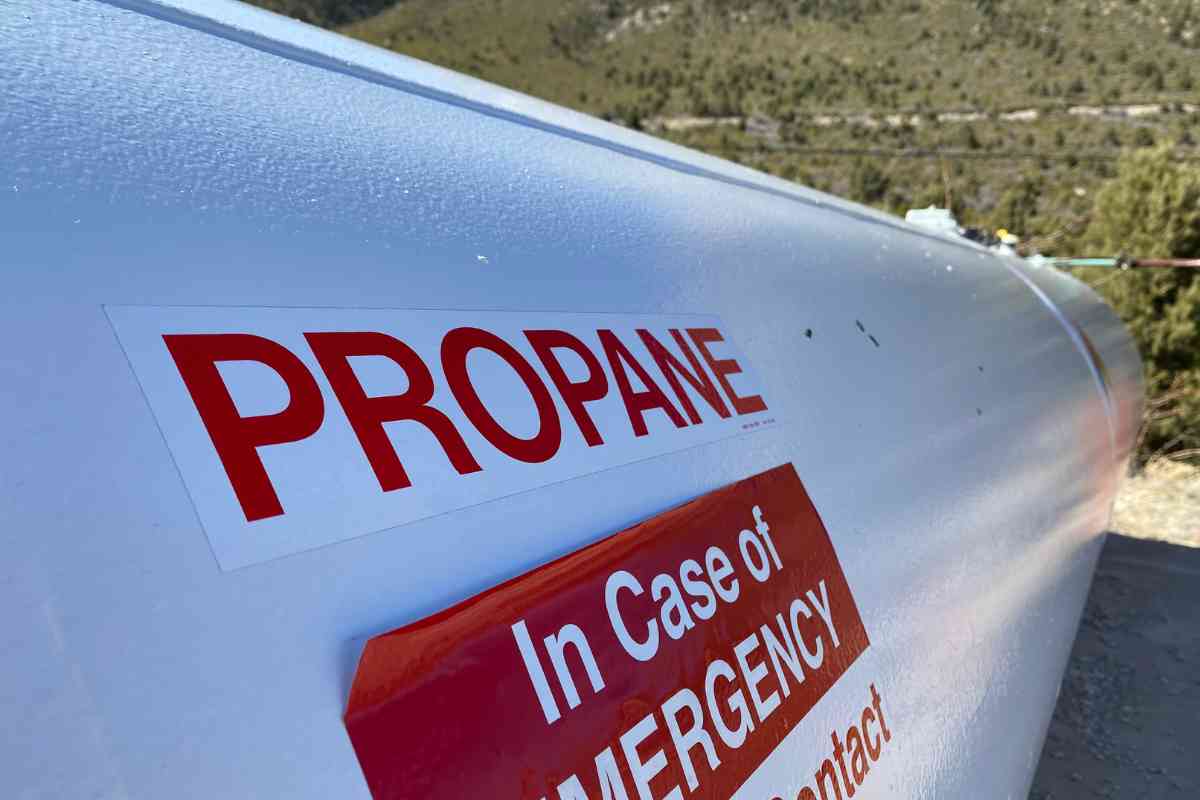
You ought to consider a few safety measures when dealing with propane tanks. These steps will ensure that your propane tank remains safe to use throughout.
- Make sure the tank has a built-in pressure relief valve. Most tanks come with this, as it opens automatically when the pressure in the tank exceeds the recommended levels. The valve allows the gas to vent and stabilizes the pressure.
- Rules from The National Fire Protection Association (NFPA) ensure that all propane refilling is done under specific regulations. These guidelines enhance the safety of propane tanks.
- OSHA guidelines protect against chemical mixing. This means that when users detect a rotten egg smell when propane leaks, they need to act fast since propane is odorless, and a smelly odor implies that it has been mixed with other gasses that could trigger explosions.
What Can You Do to Enhance Propane Tank Safety?
You can do a few things as a consumer to enhance the safety of your propane gas and tank when in use. The National Fire Protection Association (NFPA) has a few valuable recommendations.
First, you must ensure your propane tank is closed when it is not in use. Always carry out constant routine checks and inspect for leaks on the hose, as well as check their connections and ensure they are right.
It is also advisable to keep containers upright always and avoid storing propane tanks near open flames.
Also, remember never to store propane tanks indoors, as this is unsafe and illegal. Avoid storing flammable materials such as gasoline near propane grills, and keep filled propane tanks away from your vehicle’s trunk for too long.
Ensure your propane tank is installed by qualified technicians to prevent errors and shortcuts that can lead to explosion.
In case of any repairs, make sure to have a certified propane tank technician handle it. You should not attempt to modify regulators, valves, or other tank parts at no point.
Key Takeaways
- Propane is highly combustible and should be handled with care.
- Excess heat and pressure can cause propane tanks to explode.
- Propane tanks rarely explode and do so under particular conditions.
- Use safety measures to prevent propane tanks from exploding from heat.
- Installation and repair should be done by a professional.

